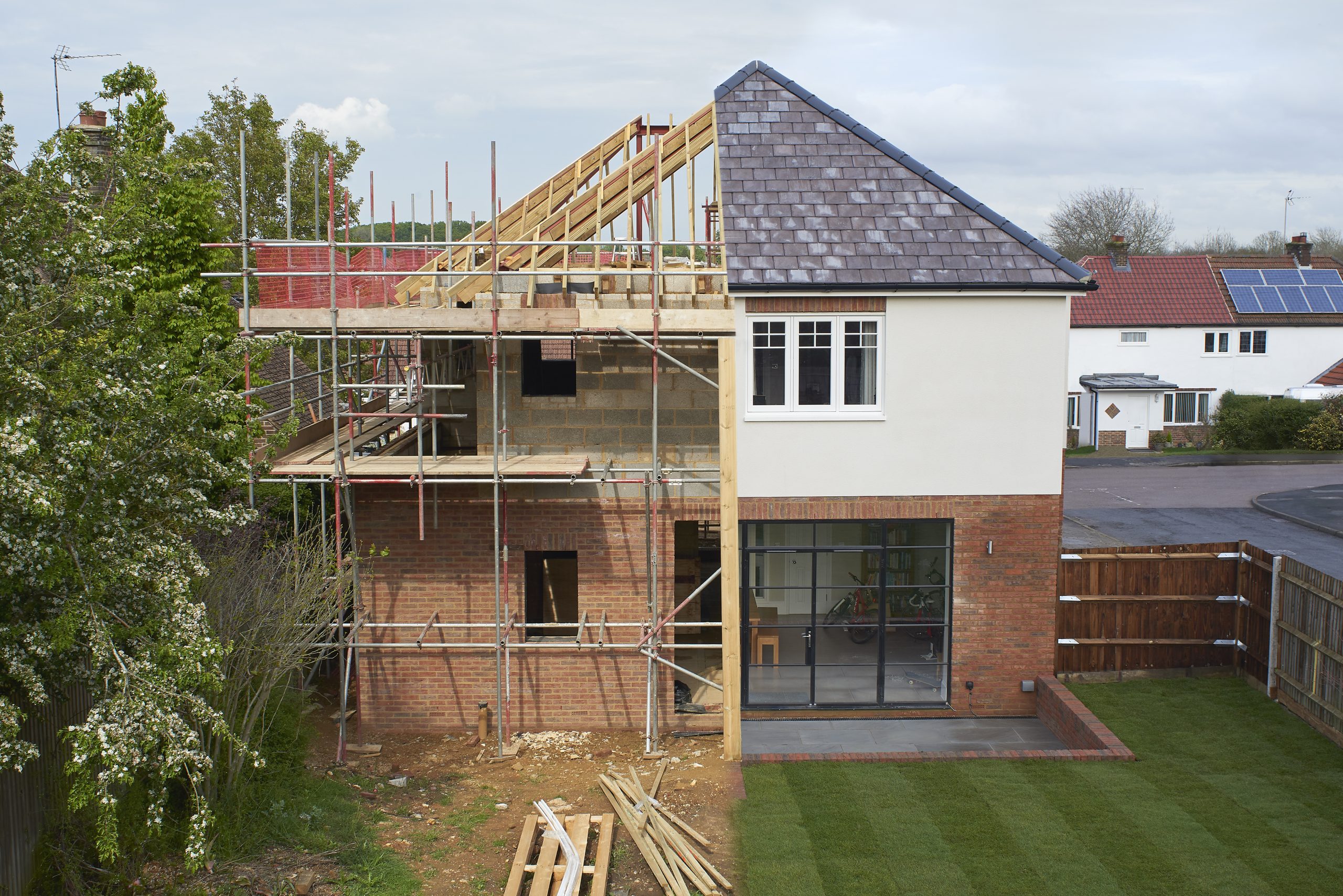
Part of the UK government’s Levelling Up and Regeneration Bill focuses on bridging the gap between urban centres and neglected regions in order to create vibrant spaces for all people to live in. Central to this agenda is the implementation of design codes—comprehensive guidelines that redefine how architects, developers, and communities approach new developments. This blog post unravels the impact of design codes, exploring their benefits and implications for the future of housebuilding. From fostering community engagement to influencing economic growth, design codes are positioned as transformative tools in crafting appealing and sustainable living spaces for all.
In this blog post, we will explore the significance of potential benefits of design codes alongside the potential impact on developers, homeowners and self-builders.
What are Design Codes?
Many countries including Australia, Canada and the Netherlands use design codes which have the following benefits:
Design codes support the look of an area
Design codes promote visual harmony by establishing cohesive design principles for a given area. This helps maintain a sense of identity and character, preventing disjointed developments which do not align with the overall design aesthetic of an area.
Design codes encourage the community to engage in the future of their area
The development of design codes involves extensive community engagement. Local residents have the opportunity to contribute their perspectives and priorities, ensuring that the built environment reflects the needs and desires of the people who live there.
Design codes can encourage environmental sustainability
Design codes can also include provisions for environmentally sustainable practices, such as green spaces, energy-efficient buildings, and sustainable transportation options. This aligns with the UKs broader goals of achieving net-zero carbon emissions.
Design codes can encourage the economy in your area to grow
A well-designed built environment can attract businesses, tourists, and investors, thereby boosting the local economy. Design codes play a crucial role in creating an appealing and welcoming atmosphere that encourages economic growth.
How will design codes affect future housebuilding in my area?
The arrival of design codes will have a significant impact on a number of aspects of housebuilding in local areas. Primary considerations are as follows.
Design codes will prescribed more design elements of housebuilding
Design codes often specify certain design elements or architectural styles that must be followed to meet the local aesthetic standards. This has the potential to limit creativity and flexibility on future housebuilding. At the same time greater uniformity may lead to local areas being more visually appealing.
Design codes will influence the use of sites and plots
Design codes will establish distances from property lines or roadways which will influence the layout of their homes on the property. This may restrict the ability to place homes in the most suitable place on a plot resulting in a compromised design.
Design codes will focus the use of construction materials
Design codes are likely to stipulate the types of materials that must be used in construction of homes in a given area. This has the potential to lead to a reduced choice of construction resources in order to blend into the local characteristics.
Design codes may require increasing energy efficiency
Some design codes may include requirements related to energy efficiency and environmental sustainability. This could require houses to incorporate features such as energy-efficient insulation, renewable energy sources, or green roofs which could lead to an increased cost of development.
How will design codes affect the planning approval process for developers and self builders
Compliance with local plans and design codes is likely to be a significant factor influencing the potential to obtain planning permission on sites in the future. It is therefore crucial to be aware of and understand the specific design codes and regulations applicable to the relevant local authority. This often involves consultation with local planning authorities which may require the assistance of planning consultants with knowledge of local design codes. This proactive approach can help developers, self-builders, and homeowners navigate the planning approval process more smoothly.
How RMB Planning can support you
If you are a developer, self-builder or homeowner looking to make changes to your home RMB Planning provides a free site appraisal service to consider any changes or developments you are looking to make to your home or site.
RMB Planning have a detailed knowledge of local plan requirements and national policy and design codes which will support you ability to secure planning.
Contact us today to discuss your plans and see how we can support you.
